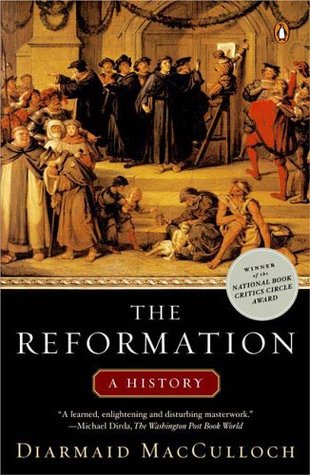I have been reading The Reformation: A History by Diarmaid MacCulloch. In the book, the author has an appendix with the Apostles Creed and the Nicene Creed, because they are widely shared expressions of the basics of Christian faith, used in the Roman Catholic and many Protestant churches (as well as Orthodox churches).
According to Wikipedia, the Nicene Creed was first adopted in 325 in the First ecumenical Council held in Nicaea. A revised version was adopted in the First Council of Constantinople of 381.
Again, according to Wikipedia, the earliest recorded mention of the Apostles Creed dates to 390 and the earliest written copy is from the 8th century.
One or other of these two creeds is recited in the Roman Rite Mass on Sundays and other special occasions. Similarly, the Nicene Creed is used in the Byzantine Rite. Thus, huge numbers of Christians regularly recite/hear the declaration of the content of their professed faiths in these Creeds.
According to Wikipedia:
The purpose of a creed is to act as a yardstick of correct belief, or orthodoxy. The creeds of Christianity have been drawn up at times of conflict about doctrine: acceptance or rejection of a creed served to distinguish believers and deniers of a particular doctrine or set of doctrines.and:
The Nicene Creed was adopted in the face of the Arian controversy. Arius, a Libyan presbyter in Alexandria, had declared that although the Son was divine, he was a created being and therefore not co-essential with the Father, and "there was when he was not,"The Nicene Creed was originally written in Greek, later translated into Latin for the Christian church centered in Rome, and has been translated into many modern languages (with all the problems involved in modern language versions of ancient language texts). Here is a section drawn from one of the English translations of the 381 text:
We believe in one God, the Father Almighty, Maker of heaven and earth, and of all things visible and invisible.
And in one Lord Jesus Christ, the only-begotten Son of God, begotten of the Father before all worlds (æons), Light of Light, very God of very God, begotten, not made, being of one substance with the Father;If one asked a theologian involved in the Constantinople Council what the second paragraph meant, I suspect that he would have been able to tell you in detail, and specifically:
- What was meant by "begotten",
- What the evidence was from biblical texts and learned analysts for Christ having been "begotten",
- What was meant by "made". and
- What the evidence was from texts and learned elders for Christ not having been "made".
Were one to ask a modern Roman Catholic who has many times recited the Nicene Creed whether he believed Jesus Christ had been "begotten, not made", I suspect he would respond yes, because it was the settled doctrine of his Church. (I know that I had a duck named Donald when I was a small child because my parents told me so; I have no doubt of the fact, but no evidence that Donald ever existed.)
However, I believe that our modern Roman Catholic would be much less able to explain what "begotten, not made" meant specifically than the members of the Constantinople Council more than 1700 years ago.
Actually that makes sense that modern members of the churches might profess faith that they do not understand. It is very useful to have settled matters; we don't need to know all the details of the arguments that support them and the refutations of the counter-arguments. We can simply believe
- the scientific consensus that the earth spins on its axis and orbits around the sun,
- the jury verdict that the evidence was not sufficient to convict OJ of murdering his wife, and
- the electoral college that Barack Obama won the 2012 presidential election.
The modern Christian can focus attention on other matters of faith and religion that seem more relevant and pressing.
Still, in the past coming down on the wrong side of the question of whether Christ was "begotten, not made" could get someone burned as a heretic, depending on the theology held by of those in power where he that believer lived. Somehow it seems wrong that life or death should depend on one's belief on such a matter. (Maybe that is because I am an American, with a deep tradition of separation of church and state, and an even deeper tradition of state monopoly over lethal force.)
Moreover, our understanding of "all things visible and invisible" is so different today than that of people 1700 years ago, that I wonder if we can truly understand what they thought about the nature of a supreme being that created all things visible and invisible. Indeed, the scientific revolution has resulted in a new approach to knowledge, testing ideas by observation and experiment rather than review of texts and authorities so the theologian's methods, derived from the humanists', of seeking truth from old books is -- for me -- suspect. A friend suggested, and I suspect that he is right, that modern man has learned to be more skeptical than were our ancestors. Ultimately, I rather doubt that the folk who wrote the Nicene and Apostles Creeds could understand the universe as we do, nor the way we seek to understand the creation of the universe; nor can we really understand the way they perceived the world and thought about it.

No comments:
Post a Comment